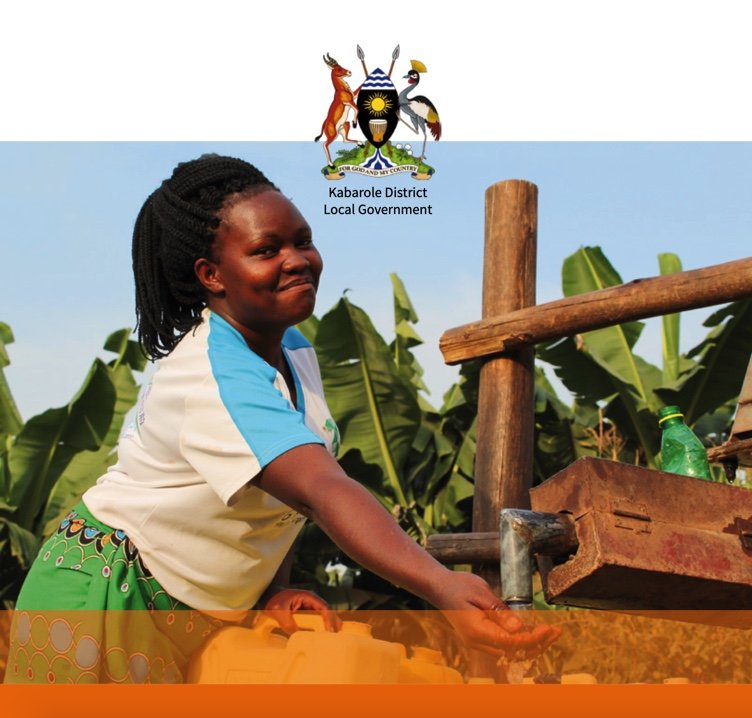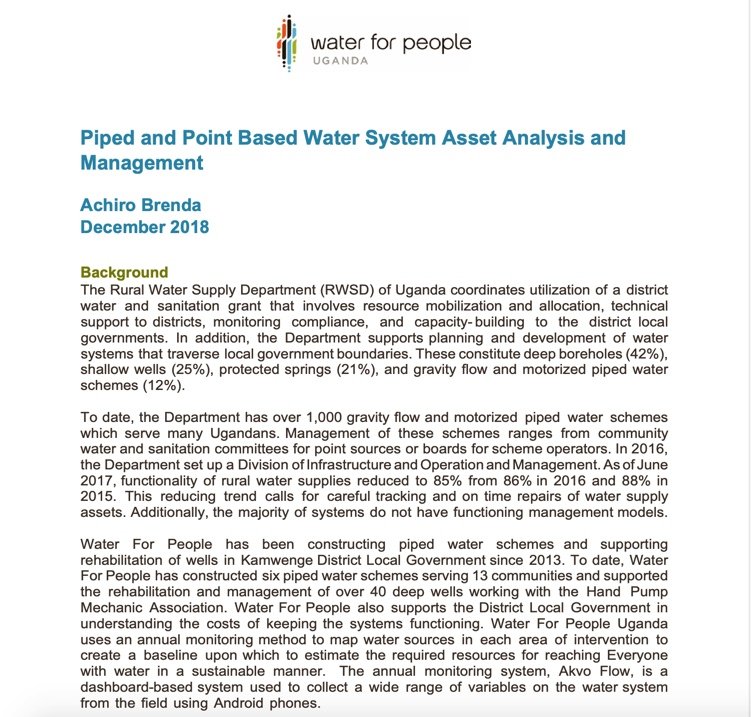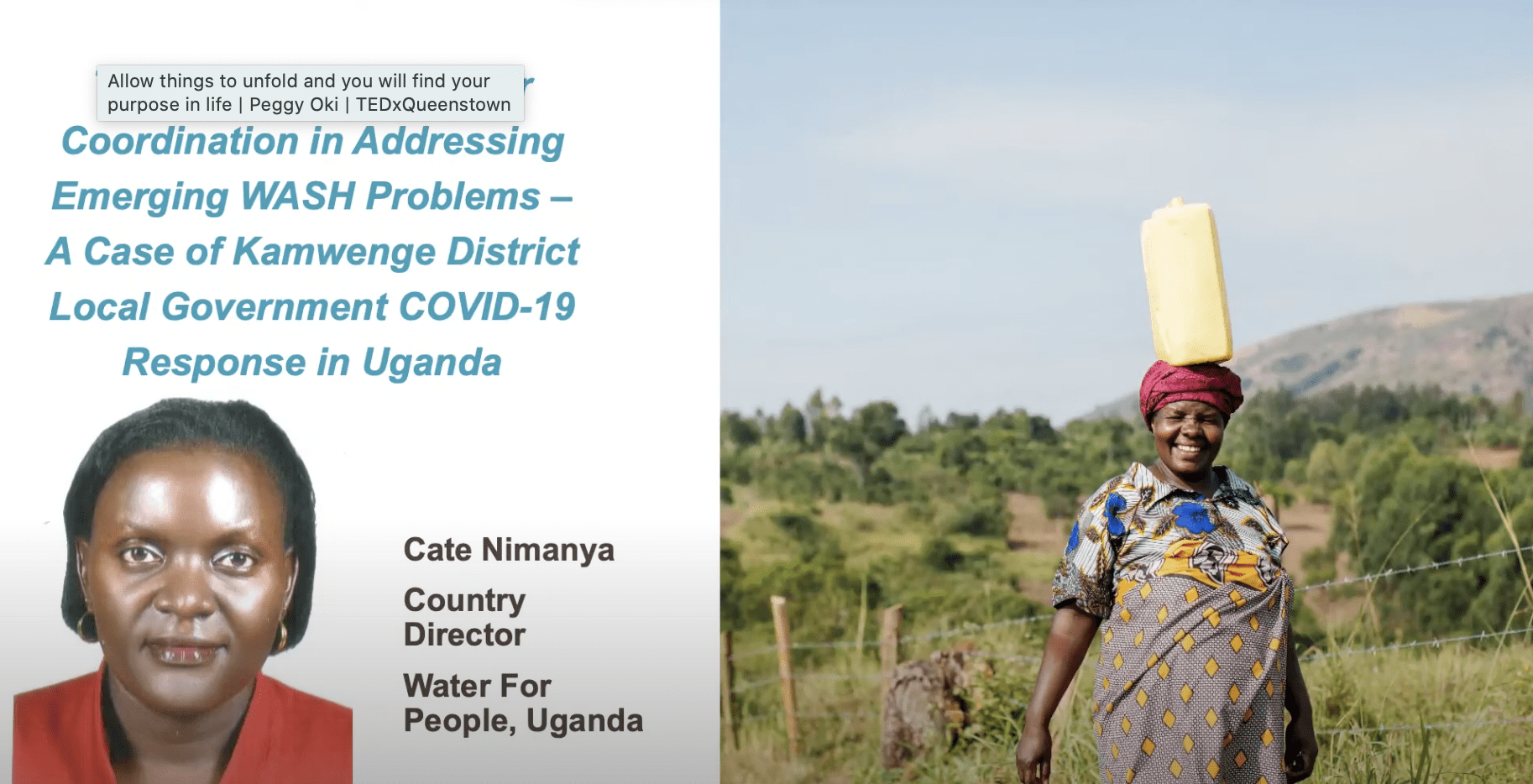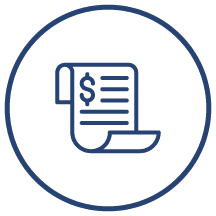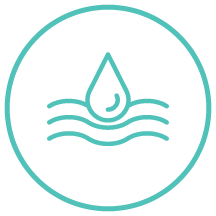Uganda
Agenda for Change members working on systems approaches
Please note this is a summary of information. You can learn more on the IRC, WaterAid, and Water For People, and Welthungerhilfe websites.
The Uganda WASH Agenda for Change forum was established in 2016, initially supported by IRC, WaterAid, and Water For People, as a collaborative mechanism for promoting a district wide approach. The forum’s organizations centered around Water For People’s Everyone Forever model, IRC’s Service Delivery Approach, WaterAid’s District-wide Approach, and the Sanitation and Water for All’s Collaborative Behaviors. The goals of the forums’ members are to promote harmonized district level work to ensure access to sustainable, universal water, sanitation, and hygiene services, and to ensure that national level systems are in place to enable other districts in Uganda to reach everyone. Annual work plans have been created, focused on joint planning and engagement for national water week, sector reviews, and other learning events. All members coordinate with the government at national, regional, and district levels.
Through the Sustainable Services Initiative, Welthungerhilfe is implementing the system strengthening approach in partnership with the German Toilet Organization and Aguaconsult.
Systems strengthening activities
WaterAid is working to bring together the political and technical wings of the Kampala Capital City Authority to improve local government leadership and oversight ofwater, sanitation, and hygiene. To this effect, WaterAid and others have established the Mayors Forum to leverage political buy-in and understanding of planning and budgeting processes.
In the Karamoja sub-region (made up of Kaabong, Karenga, Kotido, Abim, Napak, Nakapiripirit, Amudat, Moroto, and Nabilatuk districts), Welthungerhilfe used an asset inventory mapping process as an entry point for progressively engaging with the service authority to first strengthen the asset management arrangements, then to progressively work on planning, monitoring, and budgeting.
In Kabarole district, IRC used service level data collection as an entry point. This provided an objective lens though which to view the system and bring stakeholders together. A robust service-level assessment improved understanding of the system and was used for advocacy and stimulating solutions development by different users of the data. A new project has been launched to mitigate the effects of COVID-19 on the district through WASH in healthcare districts.
Aguaconsult, Water For People, and others have supported the development of country-specific financial analysis tools such as the Capital Maintenance Expenditure (CapManEx) calculator developed for the Government of Uganda. Water For People, working with the Ministry of Water and Environment and UNICEF, is also supporting over 15 District Local Governments to roll out an Asset Analysis tool across the country. The Infrastructure, Operations, and Maintenance Department of the Rural Water Department is taking the lead in this effort.
Together, IRC, WaterAid, and Water For People are developing an advocacy paper to increase public financing for water, sanitation, and hygiene, and they have all contributed to major sector strategy documents, including the National Development Plan III and the Operation and Maintenance Framework.
Country Collaboration Representative

Bio
Jane has worked in the Water and Environment sector for 19 years, beginning with the Nile Basin initiative (March 2006 – December 2009) as the National Coordinator for Confidence Building. She was IRC’s Country Coordinator for Sustainable Services at Scale and National Coordinator for the Water Supply and Sanitation Collaborative Council. Jane holds a Master’s degree in Public Health Leadership, Public Policy and Management, and Communication. Jane is a WASH Systems nerd that seeks to promote and support WASH Systems strengthening as a practical approach to achieve the universal provision of WASH Services.
Video
Other partners
Entities of the Central Government
Ministry of Water and Environment, National Environmental Management Authority, Kampala Capital City Authority, National Water and Sewerage Corporation, Ministry of Health, Ministry of Gender, Labour and Social Development, National Council for Disability, Ministry of Education
Local Governments
District governments, Kampala Mayors’ Forum, Hand Pump Mechanics Association
All others
UNICEF, German Development Agency, Civil Society Budget Advocacy Group, Makerere University, Uganda Water and Sanitation NGO network
Accomplishments
- Over 100 District Local Governments have benefitted from the technical assistance activities aimed at improving planning through development of District Investment Plans
- Water For People has built the capacity of Technical Support Units
- UNICEF has supported 6 District Local Governments to undertake the Asset Analysis working through the trained Technical Support Units
Challenges
- Inadequate resources and funding for the joint action plan have affected the progress of the workplan
- Noncompliance by the community members to adhere to the presidential directives
- High staff turnover rates in member organizations along with changing priorities
How strong are the systems?
To determine how well systems are working, we rely on data derived from Building Blocks, which are manageable ‘sub-systems’ that can be supported and strengthened. Certain building blocks may be more strongly developed or applied at district or national level. Interactions between building blocks are essential.
National level
Building Block
Water
Sanitation
Hygiene
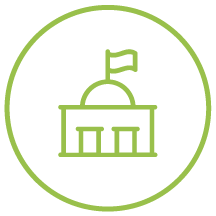
Institutional Arrangements & Coordination
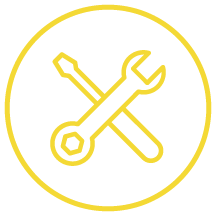
Service Delivery Infrastructure
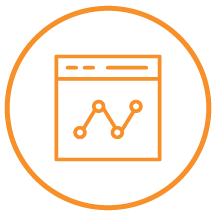
Monitoring
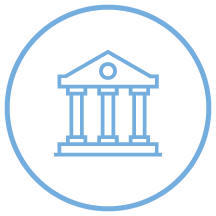
Regulation & Accountability
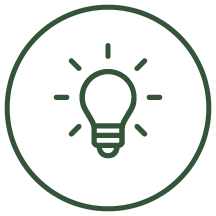
Learning & Adaptation
Resources
Systems Library
Please visit the IRC, WaterAid and Water For People websites for additional resources.
National
Local
National

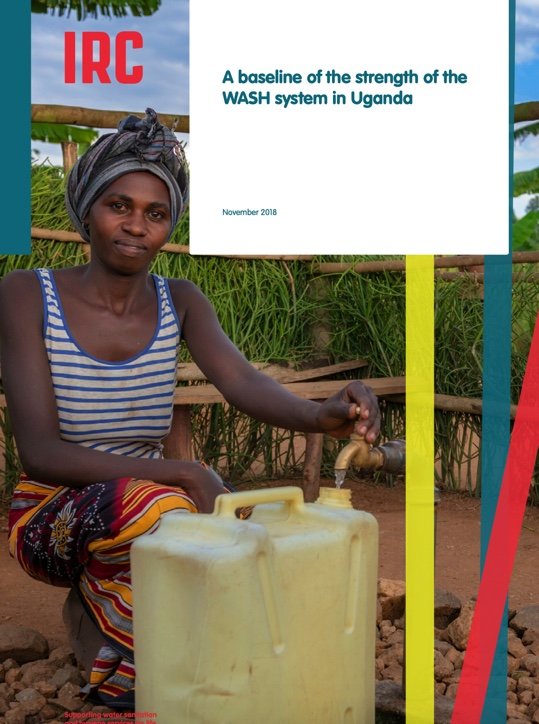
Blog Post
Strengthening WASH systems in Uganda: An interview with WaterAid’s Sustainable WASH Manager

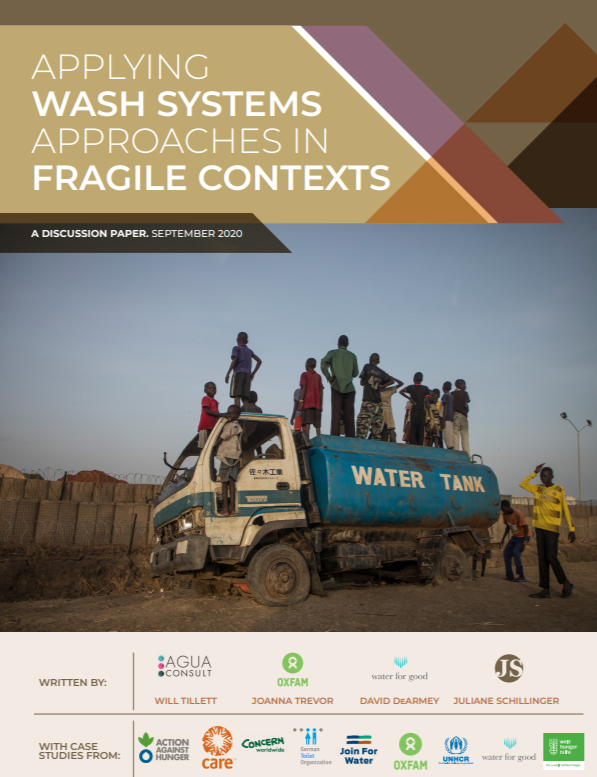




PDF Download
‘The Road to Collaboration’ – Agenda for Change Regional Meeting Summary (Addis Ababa, June 2022)
Local

